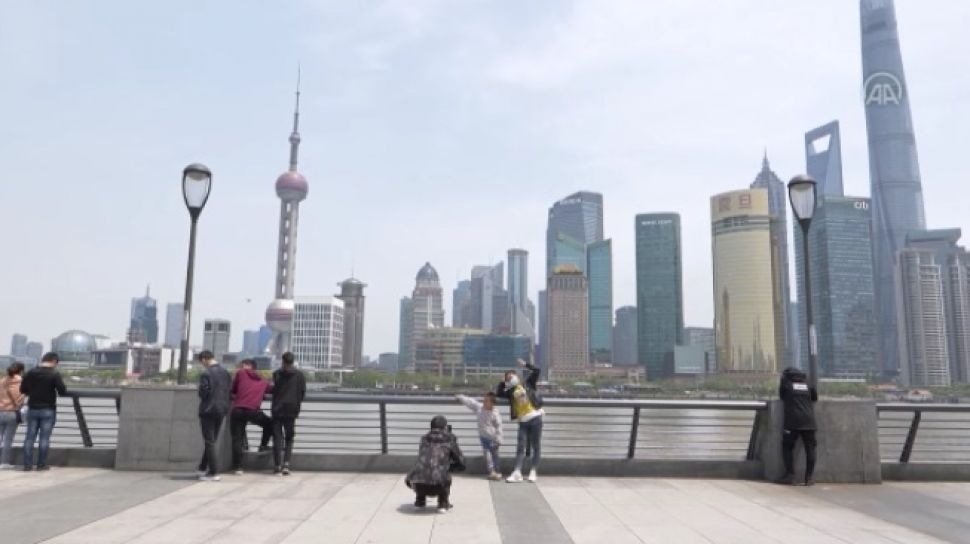
Suara.com – The implementation of a lockdown in China’s most populous city, Shanghai, has not proven successful in reducing the number of new COVID-19 cases.
On the second day of the lockdown, the number of new daily cases exceeded 4,400. People are not allowed to leave their homes other than to test for COVID-19.
Shanghai’s financial hub, home to 26 million people, is in its second day of a lockdown imposed by authorities, dividing the city roughly along the Huangpu River, which separates the historic city center from the eastern region of the financial and industrial district of Pudong to allow testing. .
While Shanghai’s caseload remains light by global standards — a record 4,381 asymptomatic cases and 96 symptomatic cases for Monday — the city has become a testing ground for China’s “zero-COVID” strategy as it tries to control the highly contagious variant of Omicron.
Also Read:
Shanghai Experiences Exponential Surge in Covid-19 Cases, Government Tightens Lockdown
Residents east of Huangpu were confined to their housing complex on Monday but most were allowed to roam inside the compound.
However, on Tuesday, three residents told Reuters that neighborhood administrators had informed them that they were no longer allowed to leave their homes.
“The kids were on a picnic yesterday and having fun,” said one of them, who declined to be named, citing privacy concerns.
Wu Qianyu, an official at the city’s health commission, said at the briefing that “clear calls” had been made to residents not to leave their apartments, even to take pets for walks or take out the trash, during the “most important stage of nucleic acid testing” .
He said 8.26 million tests were carried out by as many as 17,000 testing personnel in the city’s locked-down districts on Monday.
Also Read:
Shanghai Lockdown, Several Volkswagen and General Motors factories are operating normally
“A large number of medical staff, grassroots cadres, social workers and volunteers are working hard together on the front lines of epidemic prevention and control, and should be given thanks,” Wu said.

